Humans of Gaza: Nour al-Din Hajjaj, Gaza-based writer, teacher and dramatist
By Humaira Ahad
“My greatest dream is to see my country peaceful, children smiling brighter than the sun. I dream of planting flowers at all places where bombs were dropped, tracing out our freedom on every wall that has been destroyed. The war will finally leave us alone, and we will live our lives once.”
These are the excerpts of Palestinian writer, teacher, and dramatist Nour al-Din Hajjaj’s final message to the world before his life was brutally cut short by the apartheid regime.
Nearly five months of Israel’s genocidal war on Gaza has killed scores of Palestinian poets, artists, and writers. It has destroyed the cultural fabric of the besieged strip, robbing it of talent such as Hajjaj.
The young author from northern Gaza was killed on December 3 when his home in the Al-Shujaiyya neighborhood was pounded in the regime’s indiscriminate airstrikes.
“I am not a number and I do not consent to my death being passing news. Say I love life, happiness, freedom, children’s laughter, the sea, coffee, writing, Fairouz, everything that is joyful—though these things will all disappear in the space in a spur of a moment,” Hajjaj wrote on his Instagram account.
A graduate in Computer Sciences from Gaza’s Al-Azhar University, which was also flattened recently, the young Palestinian writer worked as a teacher at a boy’s school in the coastal territory.
Hajjaj would spend his days immersed in books and writing. His first novel “Strange men and Strange Women” was published in 2018 in Egypt. In 2021 his second novel, “Wings That Don’t Fly” was released in Jordan, receiving critical acclaim for both his books.
The 27-year-old Hajjaj actively participated in various cultural activities in his hometown. He was also interested in fine arts and would write plays for theatre. In 2022, when his first play “The Gray Ones” was performed on stage, the writer’s excitement was uncontrollable, his friends recall.
With clouds of death looming over, Hajjaj didn’t want to die anonymously. He wanted to be remembered for his work, for his writings. He wanted to leave behind a mark.
“This is why I am writing now; it might be my last message that makes it out to the free world, flying with the doves of peace to tell them that we love life, or at least what life we have managed to live, in Gaza all paths before us are blocked, and instead we are just one tweet or breaking news story away from death,” he wrote once.
The young Palestinian writer wanted to be known as a Palestinian writer. He wanted to tell the untold stories of his bleeding homeland and about his oppressed people. He wanted to be their voice.
“My name is Nour al-Din Hajjaj, I am a Palestinian writer, I am twenty-seven years old and I have many dreams,” Hajja wrote in a post on his social media handle.
“One of my dreams is for my books and my writings to travel the world, my pen to have wings so that no unstamped passport or visa rejection can hold it back.”
The regime has been restraining the movement of Palestinians to enforce its occupation, controlling the entrance and exit points, so much so that any departure from the territory requires Israeli approval.
The Zionist entity uses its power to ban Palestinians from traveling abroad. The people of Palestine are even banned from traveling between Gaza, the occupied West Bank and East al-Quds.
However, the situation in the coastal strip is worse as Gaza has been under Israeli siege for the last 16 years.
Like many people of his age, Hajjaj dreamed of marrying and starting a family.
“Another dream of mine is to have a small family, to have a little son who looks like me and to tell him a bedtime story as I rock him in my arms,” he wrote.
The promising author abandoned his home in northern Gaza in order to escape death.
Seeing the desperate condition of people in the south, Hajjaj returned back to Al-Shujaiyya. In various text messages sent to his friends, Hajjaj clearly mentioned that he prefers to go back to his home in the north than be on the streets in the southern part of the territory.
“I live in a small neighborhood in al-Shujaiyya, which is one on the eastern edge of Gaza City. Every night, the sound of the explosions is constant, explosions of different kinds, coming from different directions, and with every explosion that rocks our house and our hearts, we hold each other tightly, knowing that at some point there will be an explosion and we won’t hear it because it will have already blown us up,” he wrote, describing the intensity of Israeli bombardment.
In a note written on November 2, the young teacher described the destruction he saw while walking around the Gaza city.
“Today I went for a little walk around the city or rather, what remains of it. I saw how its colors have contracted into one single color. Where did this grey come from, this grey that has the power to impose itself upon all the colors we know, if not bearing tonnes of explosives,” he wrote.
“I walked across vast amounts of rubble, trying to tread carefully, as if in a minefield, to avoid every spot where children had sketched out dreams upon memories.”
Hajjaj described the specter of death that has become a norm in Gaza since the regime launched its genocidal campaign on October 7, already killing nearly 30,000 people in the strip.
“I saw mountains of shrouds being carried on a truck to the last and only safe place on earth. There are no funeral processions in which martyrs are carried upon shoulders to their final resting place...”
Like many people in Gaza, Hajjaj was afraid of losing his loved ones. He hated the idea of separation.
“Perhaps the last wish they made before the bombs fell was the same we all make; if we are to die, then let us die together. We don’t want to give death the chance to leave one of us alone, grieving for the rest of his or her life over the life the others should have lived,” he wrote.
Witnessing the destruction unleashed by the Israeli regime, Hajjaj was consumed by the thought of dying unidentified and unacknowledged.
“This is what came to my mind at the moment when communications and the Internet were cut off, and with it, we were cut off from the world, and the world stopped knowing our news, and the intensity of the bombing increased so that we could put our hands on our hearts, because what we fear is approaching,” the young Palestinian wrote.
“We will die silently without the world knowing anything about us so that we will not be able to scream. Nor documenting our moments or our last words.”
Hajjaj’s childhood companion, Amjad Ayyad, wrote a beautiful eulogy describing his friend’s dreams that were shattered by the genocidal occupation.
“Nour he was also, by his name, a light in everything, with his speech, his high culture, and his guidance to those who turned to him for advice on something,” he wrote, remembering his friend.
“The last time I spoke to him was after he posted a short text on his personal Instagram Story account ... In it, he talked about our suffering, the genocide we are subjected to, that he is not a number, and that he refuses to let the news of his death be fleeting...and about some of his dreams…But the state of terrorism stands between Nour and those wishes and dreams.”
Ayyad said his friend died a martyr, but those he left behind have been left heartbroken.
“The light of today passed away, and his dreams and ambitions soared with him to the sky through its eternal wings. He passed away as a martyr, leaving us behind. All those who knew him will suffer and wither under the pressure of this early separation.”
VIDEO | Germany, not just merely an economic recession
Discover Iran: Hormozgan, home to the last lenj boatbuilders of Persian Gulf
VIDEO | Condition of Gaza hospitals at the beginning of phase two recovery
VIDEO | Tehran metro station vandalized in attack by foreign-backed terrorists
VIDEO | Angry Iraqis set fire to Trump image, US flag
'It's simple — Trump's failing': Netizens rip into US warmongering against Iran
ICE shooting of protester in Minnesota
UN envoy: US responsible for ‘unpredictable consequences’ of aggression on Iran


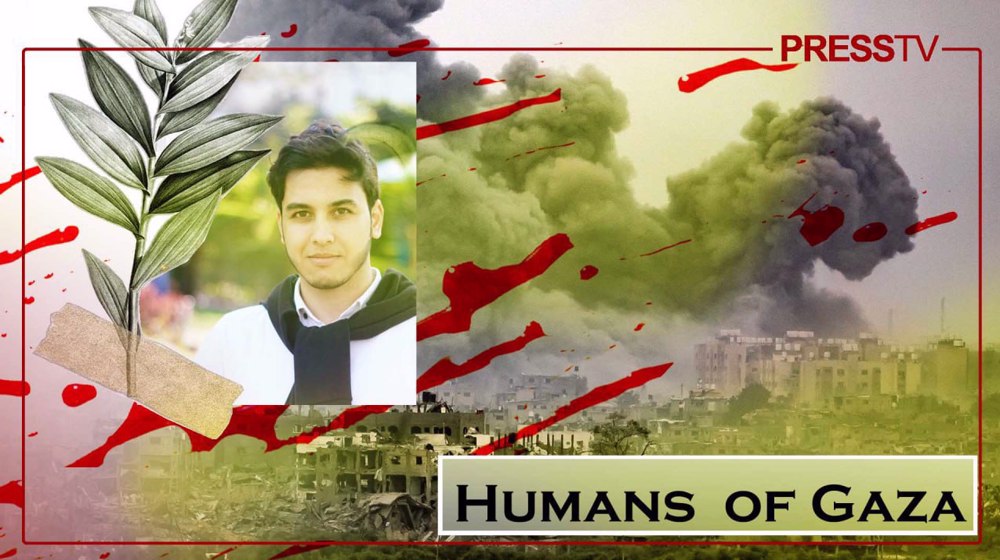
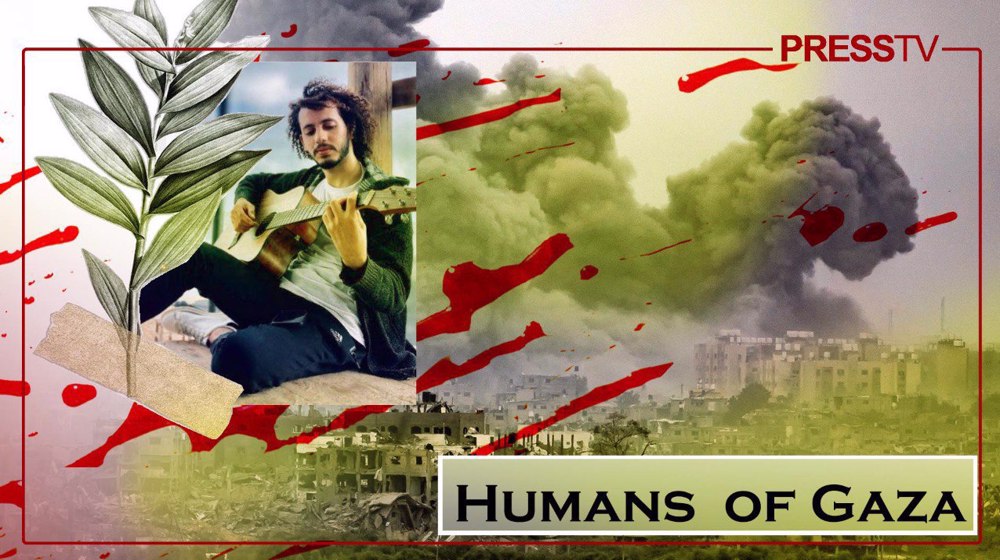
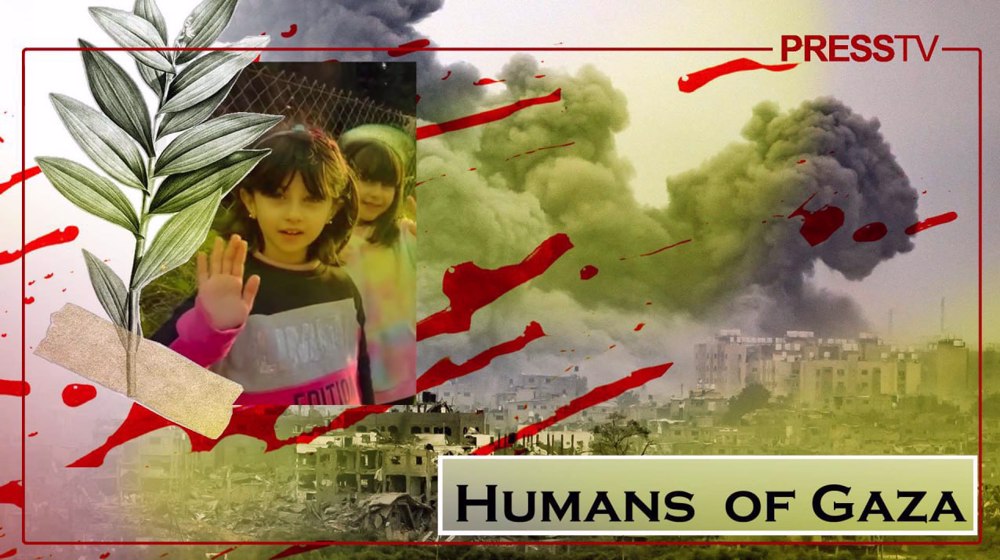
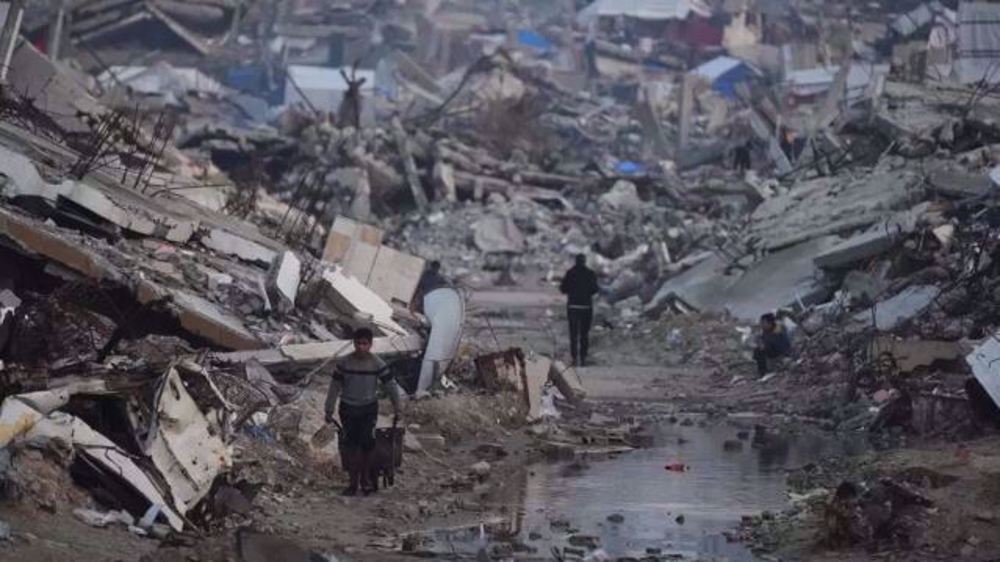
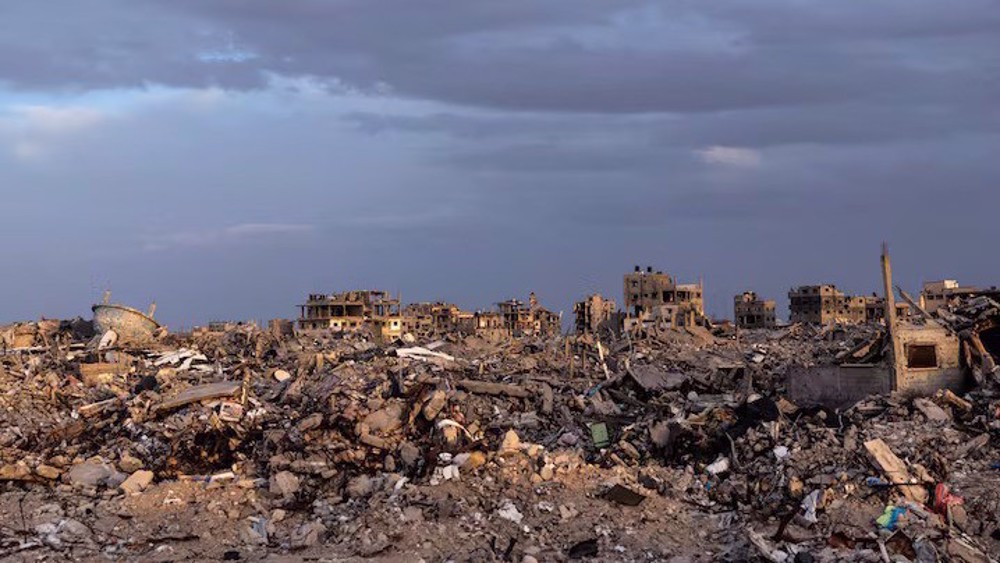




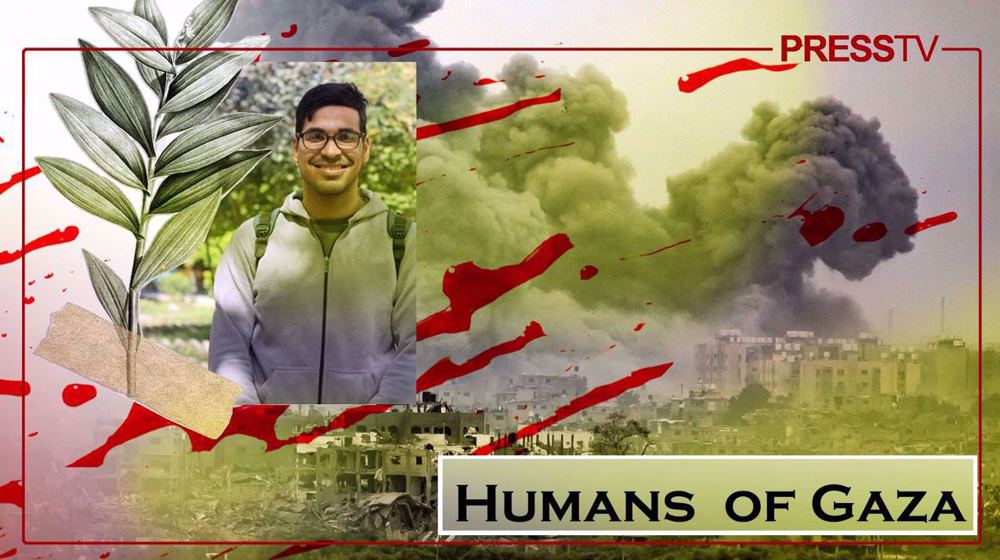
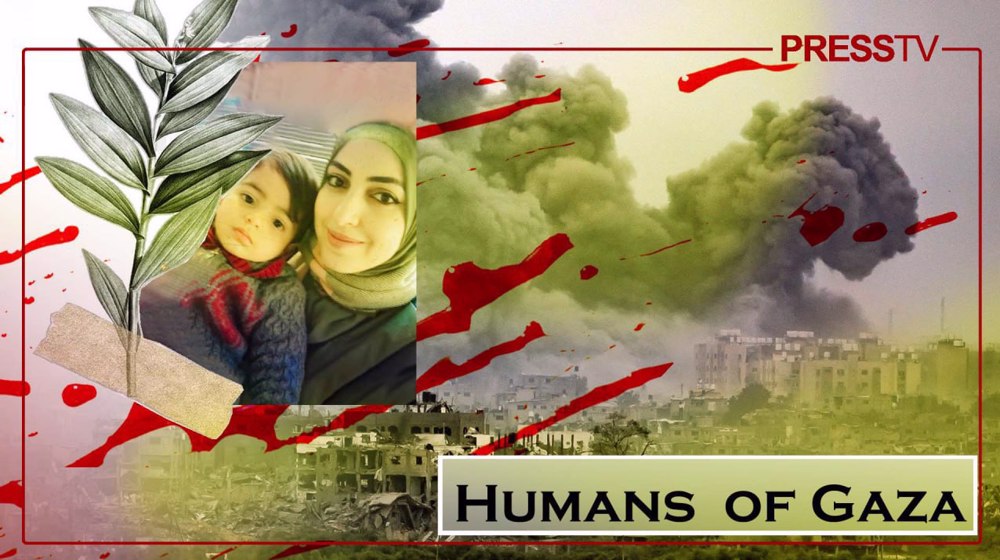
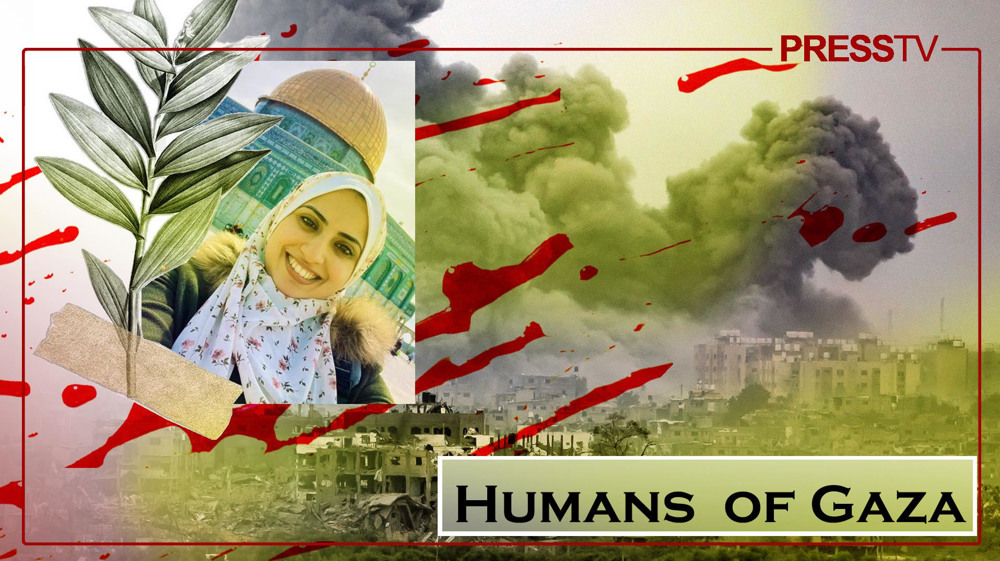
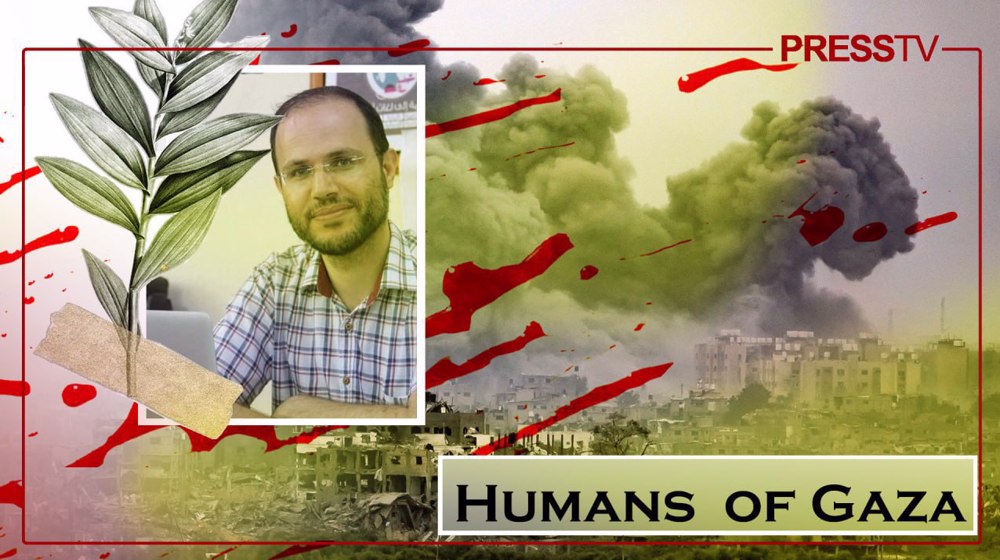
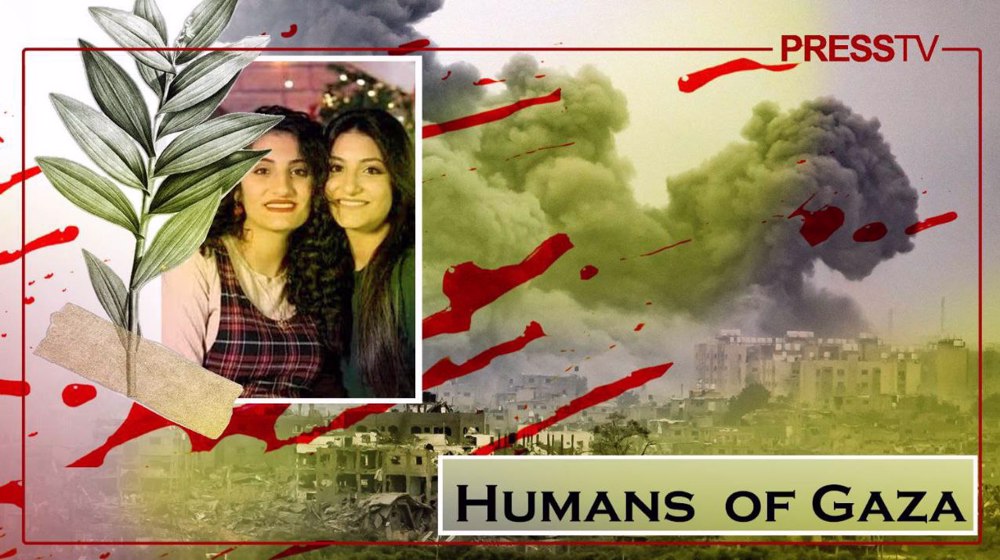

 This makes it easy to access the Press TV website
This makes it easy to access the Press TV website